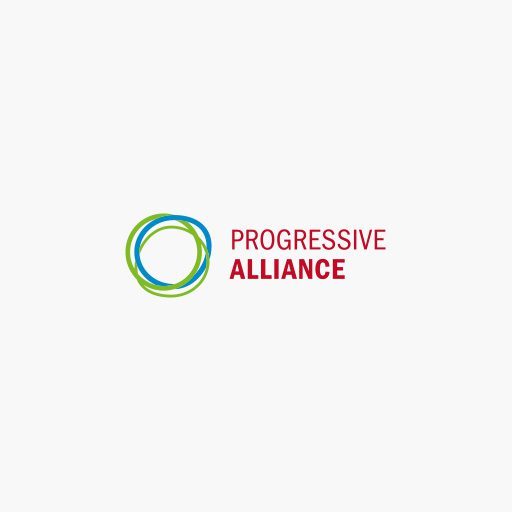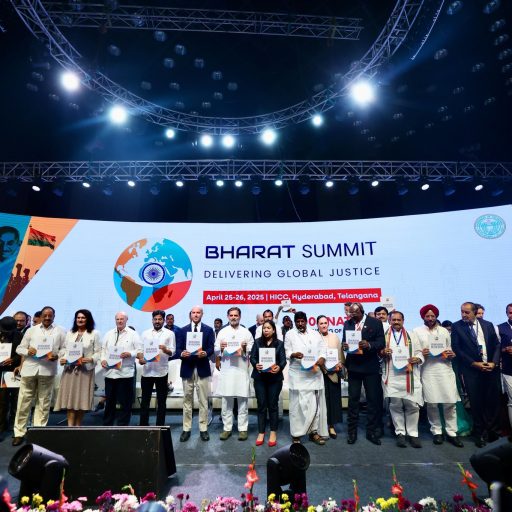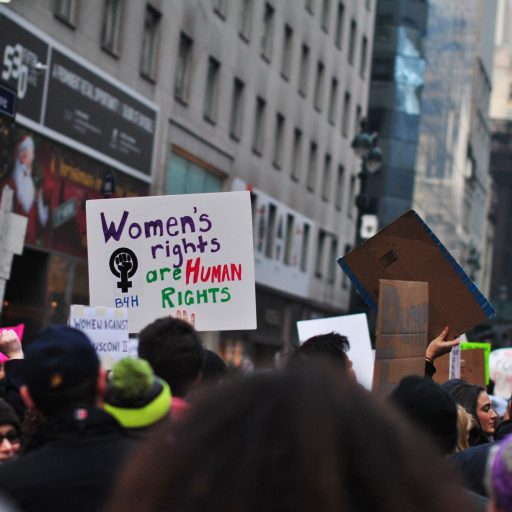1) What are the key issues and political bench marks for the coming year?
Mustapha Ben Jaafar, Secretary General of Ettakatol and President of the Constituent Assembly of Tunisia: Despite the historic and successful vote on the new constitution, Tunisia is facing daunting challenges in its transition. Presidential as well as parliamentary elections must be held before the end of 2014. Meanwhile, the economy needs to be reinvigorated to tackle unemployment, and regional disparities require a tremendous endeavour from the national community to bridge the economic and social gap between urban centres and rural areas, not to mention the security challenges that have become pressing due to the fragile environment in Tunisia’s neighbourhood. Globally, Tunisia still has to reconcile short-term demands, which are urgent, and long-term reforms to revise its development model.
2) Ettakatol is one of the political representatives of the centre-left. How do you engage with the party base to generate support?
Mustapha Ben Jaafar: Our commitment towards social justice and democratic principles is at the core of our platform as a centre-left party, founded in 1994 under the dictatorship. When the revolution started, our legacy and the ideals that we have always defended helped us attract thousands of militants who share the legitimate demands for democracy, equality and a responsive government. These items are still appealing to a broad spectrum of the electorate, which is not interested in political battles and polarisation around religion and identity issues.
The constitutional process launched after the 2011 election has shown an exceptional capacity for compromise between political forces despite the several crises Tunisia has gone through, costing the life of two political leaders. Ettakatol favoured consensus building from the outset. This strategic option was misunderstood when we decided to form a coalition government with Ennahdha and the Congress for the Republic. It has become clear now that this choice was not only adapted to the fabric of Tunisian society, but it brought positive results through the national dialogue and the successful voting of the Constitution. So, our credibility and our potential to attract more militants rely on our specific approach to power, which should be conciliatory and inclusive in a time of transition. At the organisational level, our party is connected to its base through a permanent and structural dialogue between its leadership and its regional representations, based in all parts of the territory.
3) Who are your main allies within political, labour or social movements?
Mustapha Ben Jaafar: We are naturally inclined to build strong and sustainable alliances with parties and political movements who belong to the centre-left, and who share the same ideals and style of government as us. We succeeded in maintaining a strong and privileged relationship with the most important labour organisation – l’Union générale des travailleurs tunisiens (UGTT). We also favour a permanent dialogue with representatives of the civil society, notably the National Bar Association of Tunisia and the Tunisian League for the Defence of Human Rights of which Dr. Mustapha Ben Jaafar is a former deputy-president (1984 – 1994).
4) How would you assess the situation of other democratic and social-democratic, left, secular movements across the Arab world?
Mustapha Ben Jaafar: The Arab uprisings that have swept the region brought a new era, which demonstrated the failure and the collapse of the authoritarian secular state model. Progressive, social-democratic, and secular movements across the Arab world need to adapt to this era, taking into account the specificities of their societies and the imperatives of state building according to universal values. On one hand, religion is still an important source of inspiration for individuals in the Arab and Muslim world. On the other hand, the new Arab state needs to assert its civilian nature in order to guarantee the full respect of fundamental rights and individual freedoms. It is our responsibility as centre-left and secular political forces to achieve a progressive social and economic agenda while building a civilian state where different opinions, including those with religious background, can coexist.
We regret that some centre-left movements in the Arab world still favour secularism at the detriment of democratic principles due to an elitist and dogmatic approach to politics and religion. The Tunisian revolution offered a historic moment to the centre-left and secular parties to connect with the population. It is important to build grassroots organisations to reflect the aspirations of women, youth, and regions to create a sustainable progressive electoral base.


